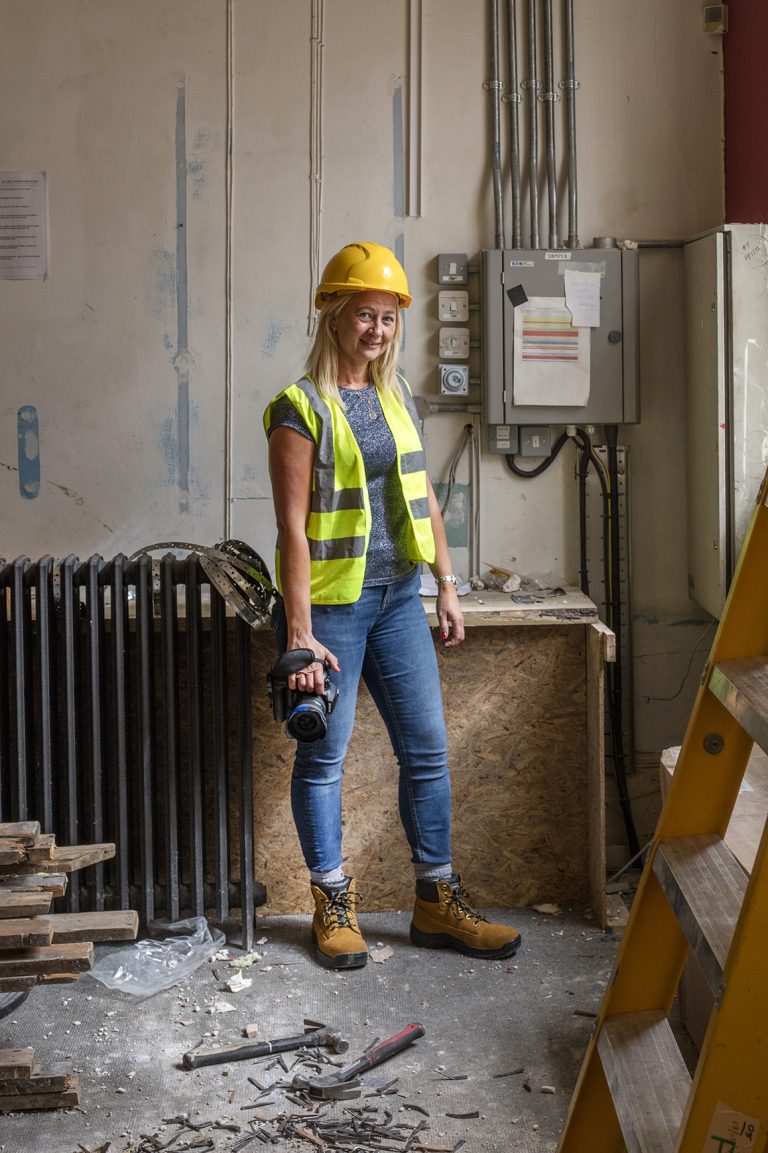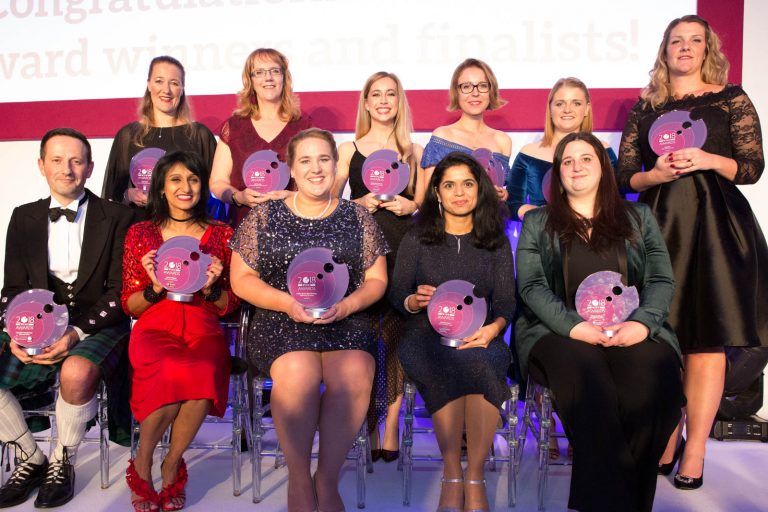The recent Why not physics? – a snapshot of females uptake at A-level report foreword from Professor Dame Julia Higgins, claims that “an ill-judged quip that girls ‘can’t’ do maths, or physics is ‘too hard’, can lead to girls making life-changing decisions that alter the subject they study or the career they pursue.” In anticipation of International Women in Engineering Day on June 23, 2018, Lucy Speed, HR advisor at engineering solutions provider Boulting Ltd, explores what employers in science, technology, engineering and maths (STEM) industries can do to attract more females into the sector. Engineering contributes 26 per cent of the UK’s GDP every year, yet reports suggest that the industry is facing an unprecedented skills shortage. But what can employers realistically do to encourage the next generation of female graduates to consider STEM as a viable career option? Role models and mentors Adopting a mentorship or simple ‘buddy’ system can help women that are joining the workplace feel like they aren’t alone in a disproportionate sector. Pairing employees up to share experience and knowledge helps to create an inclusive environment and can be beneficial in terms of retaining staff that thrive with social stimulation, particularly women. According to the Women Engineering Society (WES), who set up its own mentorship program to specifically support women in STEM roles, those who participated in the scheme benefited from increased confidence, improved listening and coaching skills as well as employment progression. At Boulting, we support our staff with dedicated mentors who support employees to achieve their goals across all levels of the organisation. Flexibility is key Providing a work environment that accommodates flexibility for different personal needs can also be beneficial in attracting female employees. Having an understanding for an individual’s needs, whether that be childcare requirements or being able to schedule time off work around holidays will allow your team members to reaffirm their work-life balance. Natalie Pancheri, HR policy advisor at the London School of Economics also says that “embedding a culture of flexibility begins to chip away at the types of issues that can prevent women from advancing in their careers.” It really can be win-win all round. Young minds By capturing the minds of the next generation of female STEM graduates, we will begin to see an increase in the number of girls pursuing a career in the sector. However, a lot of the work to do this must start at school level. Integrating STEM-style learning through dedicated activities or guest speaker sessions from those in the industry into classrooms, will begin to pave the way for students to consider their future paths. Working with and supporting teachers to understand what a STEM career can actually entail will also open up conversations with students about what is possible. Additionally, organisations, like Boulting, that incorporate student reach-out or collaboration programmes to help harness the enthusiasm and talent from younger generations has the potential to lead to more interest in STEM education and apprenticeship opportunities. At Boulting we have a longstanding and successful apprenticeship scheme that has been the springboard for many employees’ careers in the organisation. Our scheme offers the opportunity to develop skills, knowledge and experience across a wide range of engineering sectors including chemical, pharmaceutical, petro-chemical and renewable energy markets. While some progress has been made to encourage girls to pursue careers in STEM industries, women are still firmly in the minority. Particularly in UK engineering, where, according to the Women in Engineering Society (WES), the UK has the lowest percentage of female engineering professionals in Europe and only eleven per cent of the engineering workforce is female. It’s important for organisations in the engineering sector to recognise the importance, and potential, of the future female workforce and secure any opportunity to help promote science, technology, engineering and maths as exciting and rewarding prospective career path.








